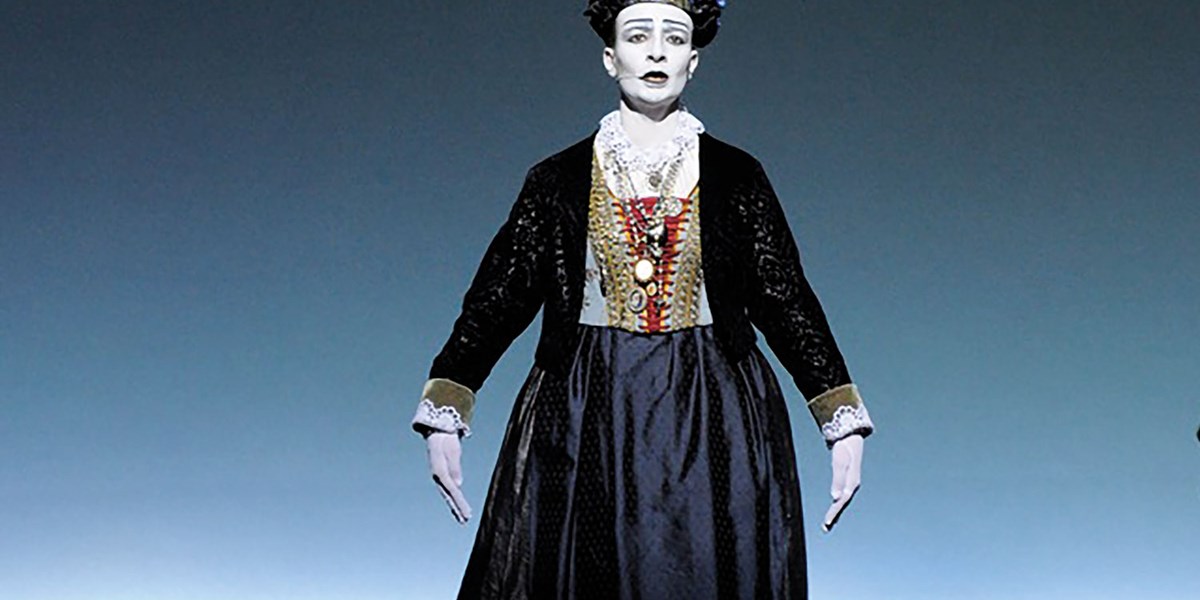Thursday, August 29, 2024
Svetlana Spajić: “I learned my ancestors’ sung aspect of language as my ‘second language’. But now I feel more like it’s really mine”
Serbian singer, folklorist and cultural activist Svetlana Spajić has dedicated her career to the passing down of oral traditions, and it’s taken her to some surprising places, including collaborations with Marina Abramović and Robert Wilson. Celeste Cantor-Stephens takes a journey through her career

Left: Spajić in Robert Wilson’s The Life and Death of Marina Abramović (photo: Omid Hashemi)

Register now to continue reading

Thanks for visiting the Songlines website, your guide to an extraordinary world of music and culture. Sign up for a free account now to enjoy:
- Free access to 2 subscriber-only articles and album reviews every month
- Unlimited access to our news and awards pages
- Our regular email newsletters

